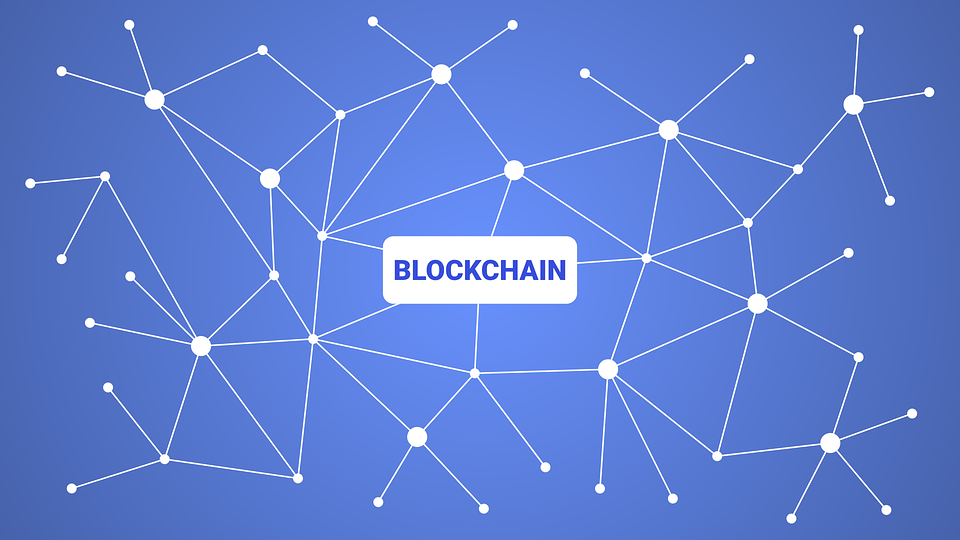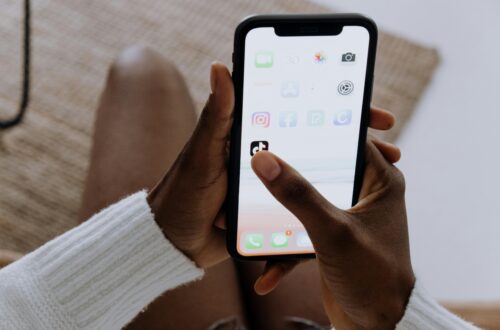The chances are that you have probably heard about cryptocurrency; whilst some of you may be dubious (I know I am), I cannot help but be impressed by the potential of the technology that underpins it. Enter ‘the blockchain’.
A blockchain is a growing number of digital records that are referred to as “blocks”. They are linked together using cryptography and each contains a timestamp and transaction data, as well as being impossible to tamper with. Once an entry is on the blockchain, you cannot edit it, delete it, transfer it, or make any without the consensus of all other nodes on the network. This chain of blocks or transactions is then shared between nodes in real time meaning that every version of the ledger is always completely up to date. A node is a user or computer that has access to that particular blockchain and they have the ability to see everything that is recorded on the system. Decentralised in every way, blockchains are not controlled by one single entity or group of individuals, and as such, can be considered transparent and authentic.
This technology can be built into a variety of software solutions such as apps and computer programmes and day-by-day, they are becoming a more integral part of the business world. Companies such as IBM, Microsoft, Accenture, Maesrk, Deloitte, PwC, American Express, Oracle, Ford Motor Company, and even Walt Disney, are exploring, or even already using this technology.
But blockchain technology is not just useful in financial transactions- it can also be used in the legal system, healthcare, education, real estate, logistics, copyright and patents, food and drink, and even by government departments- the possibilities are quite literally endless.
As someone who does a lot of work with blockchain businesses, I come across a myriad of use cases every day and more often than not, I think ‘hmm that could be useful in Albania’. You may agree, you may disagree, but these are some that caught my attention.
The litter problem
By enabling the exchange of waste plastic for money, items, or blockchain secured digital tokens, communities can empower their recycling ecosystems around the world, as well as significantly reducing the amount of plastic ending up in the ocean. The Plastic Bank offers a consistent and above market rate for plastic waste, thus incentivising its collection. Those who pick up plastic are able to trade it for money, items or services depending on their needs. It also provides the opportunity for local entrepreneurs to set up and operate a convenience store for the poor, in which plastic waste could be the currency. The plastic that is collected through The Plastic Bank is recycled and then sold at a premium as “Social Plastic” to a network of global buyers. The system works on a blockchain network meaning that there is absolutely no way that the system can be abused or tampered with. Furthermore, it is impossible that those collecting plastic are not reimbursed for their work.
Misuse of funds
When it comes to charitable donations, grants, or allocated funds, many people are concerned that money doesn’t always end up in the place it is supposed to, but this could all change by utilising blockchain technology. When a donation or payment is made, it is done so through the blockchain and from there it is possible to keep track of where every single penny goes, as well as ensuring that it is all accounted for. There is no way of hiding money, syphoning money, or sending it to other places, especially if smart contracts are utilised. A smart contract is a piece of code that self-executes actions based on a set of rules or criteria that must be met, before the next step of the process can be initiated. In order for various parts of the contract to be executed, certain requirements must be performed, negotiated, or verified before they can occur. When it comes to designating money or releasing funds, smart contracts could be invaluable in ensuring that they are only released to the right person, at the right time, and for the right reasons; if one requirement is not met, no money gets released.
Elections and voting
Earlier this year, Sierra Leone became the first country in the world to use blockchain technology in its general elections. The tech was used to verify votes and track the results in real time, resulting in what was tipped as the first accurate election in the countries recent history. Then, the State of West Virginia announced that it would be launching blockchain-based voting for military personnel based overseas. Voters can verify their identity online, cast their vote, have the vote encrypted and anonymised, and their decision can be registered on the blockchain. Once it has been inputted into the system, it cannot be changed or transferred, nor can anyone see who cast the vote, but they can be sure it is verified. By cutting out human interference, transparency can be restored to voting processes and engagement of voters can be increased as individuals need no longer be physically present at a ballot box to cast their vote.
Verification of qualifications
By using blockchain technology, academic qualifications can be fully authenticated and recorded in a completely immutable manner. A student attending a course can “check-in” to the platform using blockchain-based identity verification processes, and then their attendance and completion of tasks such as assignments and results can be stored in a way that means they cannot be tampered with or edited. Qualifications such as degrees can then be allocated digitally to an individual’s verified identity and can be linked to their attendance records and test results. These records are then verified by the University and can be accessed by anyone that is given the permission to do so such as employers or other educational institutions. MIT, Southern New Hampshire University, The University of Cagliari and the new Woolf University, due to open in Malta are all using or planning on using blockchain technology for this purpose.
To find out more about blockchain technology or if you would like me to go into any more detail, please feel free to contact me!
Follow The Balkanista!



